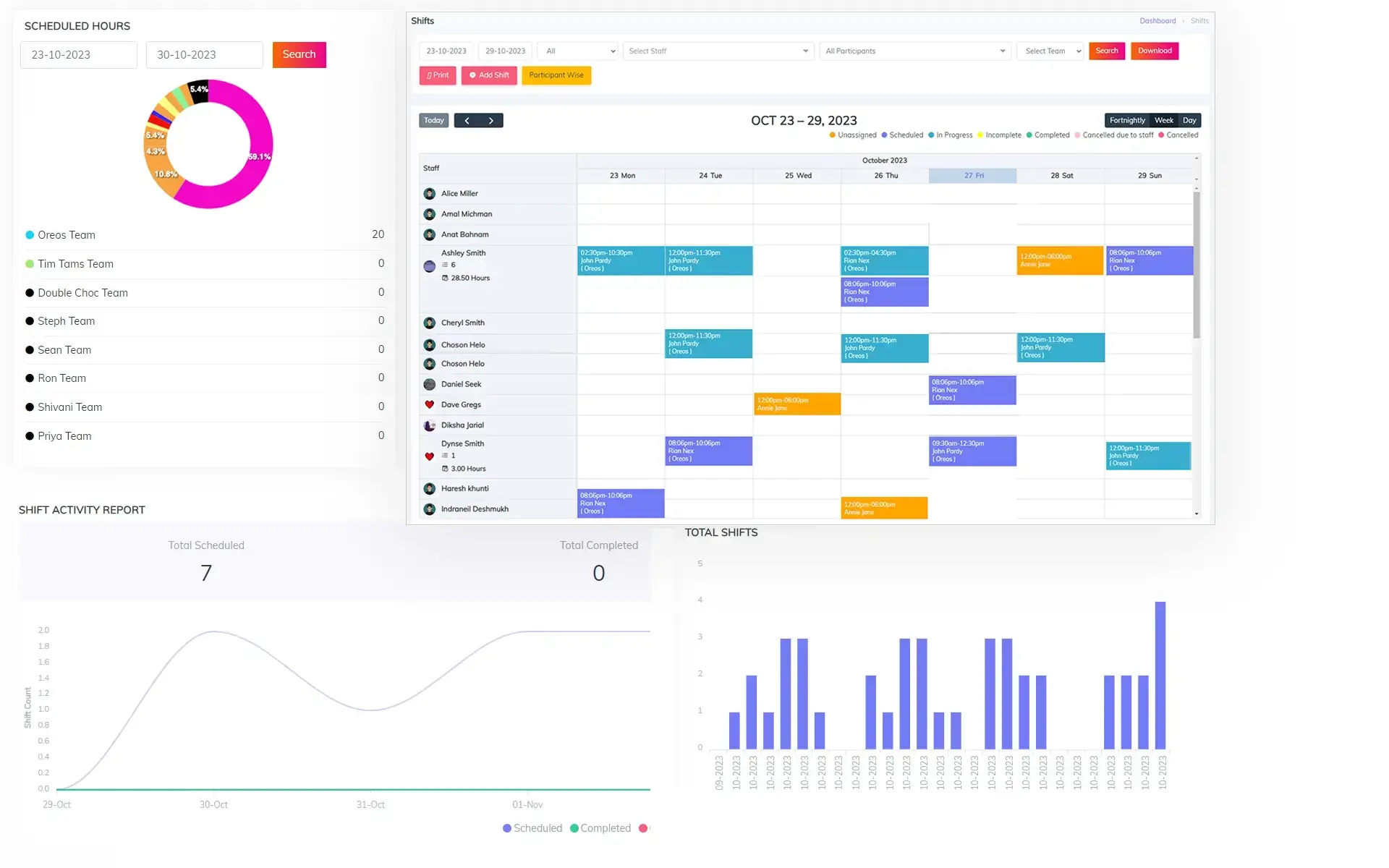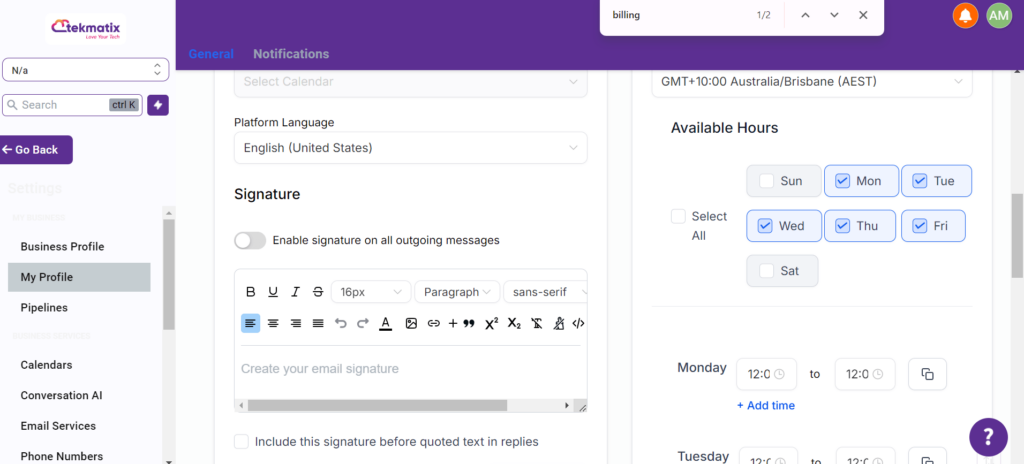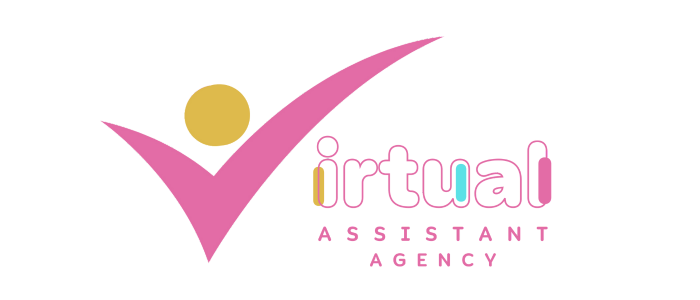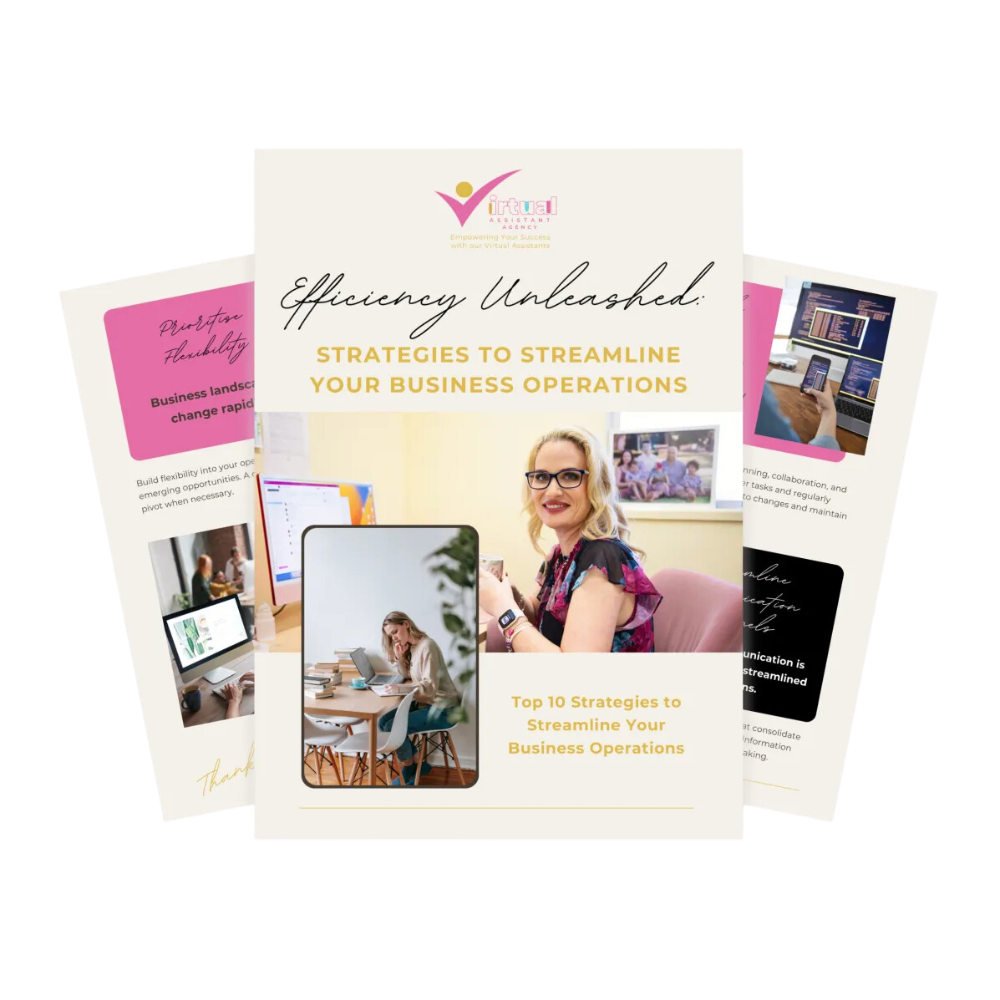Running an NDIS business is a complex job. Between managing your team, coordinating client services, handling administration, and aiming for growth, staying organised is essential. Operational efficiency isn’t just a nice to have; it’s vital for delivering quality service and ensuring a smooth experience for clients and staff. Small, strategic improvements can lead to big positive changes. Here, we’ll walk through some of the best tools and techniques for making your daily operations flow more easily.
1. Identifying and Addressing Operational Bottlenecks
For most NDIS providers, operational bottlenecks are common and can take various forms, such as scheduling issues, documentation delays, or inconsistent communication. These issues don’t just affect the workflow; they can also impact client satisfaction. Taking the time to identify these bottlenecks is the first step towards creating smoother processes.
Consider these questions to pinpoint bottlenecks in your business:
- Are appointments frequently rescheduled due to calendar conflicts or miscommunication?
- Do team members struggle to access updated client information quickly?
- Are invoices, paperwork, and documentation processed and tracked consistently?
Identifying these pain points gives you a clear starting point for improvement. Once you know your main obstacles, you can apply targeted solutions to address them.
2. Essential Tools to Streamline Daily Operations
Finding the right tools can significantly reduce the time you spend on repetitive or complex tasks. Here are two key platforms, Ezaango and Tekmatix, which are designed to meet the unique needs of NDIS businesses.

Ezaango CRM
Ezaango CRM provides a full suite of tools that cover nearly every aspect of NDIS business operations, making it much more than a basic client management tool. With Ezaango, you can streamline client scheduling, automated invoicing, timesheets, and payroll, while maintaining private communication channels for team members. It also supports electronic signing of service agreements, goal management, shift forms, and incident reporting, ensuring complete client and staff support. Ezaango’s knowledge base feature allows staff to quickly access policies and procedures, supporting a more organised team.
Additional capabilities include managing group activities, vehicle use, support coordination, accommodation services, and even HR recruitment, onboarding, and induction processes. Ezaango also integrates seamlessly with essential software, such as Xero, MYOB, QuickBooks, Office 365, Elmo, and includes support for text messages, phone systems with auto recording, and voice to text translation.
Tekmatix
Tekmatix is an all in one platform that handles stakeholder interactions and marketing needs. It supports automatic calendar bookings with stakeholders and other professionals, simplifying scheduling processes for staff. For marketing and outreach, Tekmatix offers robust email campaign tools, social media management, and ads management, providing an efficient way to centralise both internal operations and external outreach.

3. Organisational Techniques to Stay on Top of Tasks
Simple organisational techniques can go a long way in maintaining efficiency.
Here are two methods to keep your tasks under control:
Daily Checklists and Weekly Reviews
Daily checklists for yourself or your team can streamline daily operations and reduce the need for frequent reminders. Additionally, weekly reviews help you track and adjust processes, preventing minor issues from escalating.
Standard Operating Procedures (SOPs)
Standardising procedures makes your business more predictable, consistent, and efficient. SOPs, or step by step guides for essential tasks, such as client onboarding or updating care plans, ensure everyone on your team knows what to do, reducing errors and unnecessary backtracking.
4. Time-Saving Tips for Administrative Tasks
Administrative work can pile up quickly, but there are several ways to simplify these tasks.
Automate Repetitive Tasks
Where possible, automate tasks like invoicing, email reminders, and appointment confirmations. These simple automations through software tools can save valuable time, freeing you up for more strategic work.
Delegate Effectively
Outsourcing to a Virtual Assistant (VA) is a cost effective way to handle essential admin tasks without the expense of hiring in house staff. A VA can take on non client facing work like scheduling, emails, data entry, and invoicing, freeing you up to focus on client interactions and growth strategies. Delegating to a VA doesn’t just save time and money; it lets everyone on your team focus on what they do best.
5. Adapting and Growing with Your Business Needs
Implementing these tools and techniques now creates a strong foundation as your business grows. Efficiency today makes scaling easier tomorrow, especially if you’re already experiencing growing pains as demand increases.
Commit to Continuous Improvement
Just as client needs evolve, so will your business. Regularly reviewing your operational processes, whether quarterly or semi-annually, can help you stay flexible and efficient. Adopting a mindset of continuous improvement allows you to spot potential upgrades or new tools to keep things running smoothly.
Efficiency isn’t about rushing or cutting corners; it’s about making daily processes simpler and more sustainable. By implementing the right tools and organisational techniques, you can create a workflow that reduces stress, empowers your team, and improves the client experience. Start with one small change, whether it’s creating an SOP or setting up an automation, and build from there. Operational success is built one efficient step at a time.
This approach helps create a well-organised and manageable NDIS business that can adapt to future growth with confidence. With tools like Ezaango and Tekmatix, you can streamline everything from scheduling and client management to marketing, helping you to scale efficiently and effectively.










